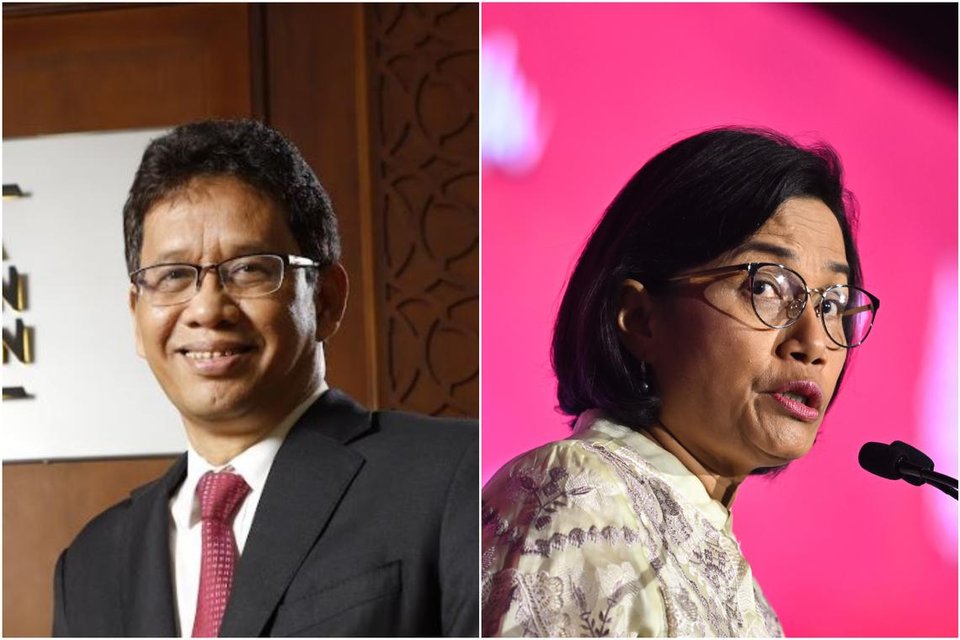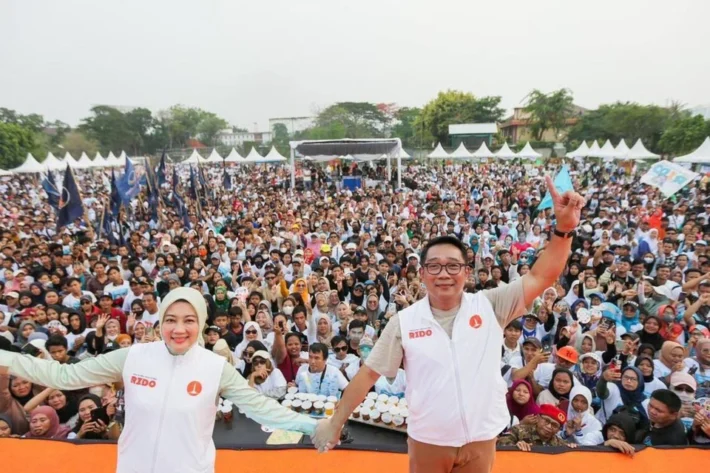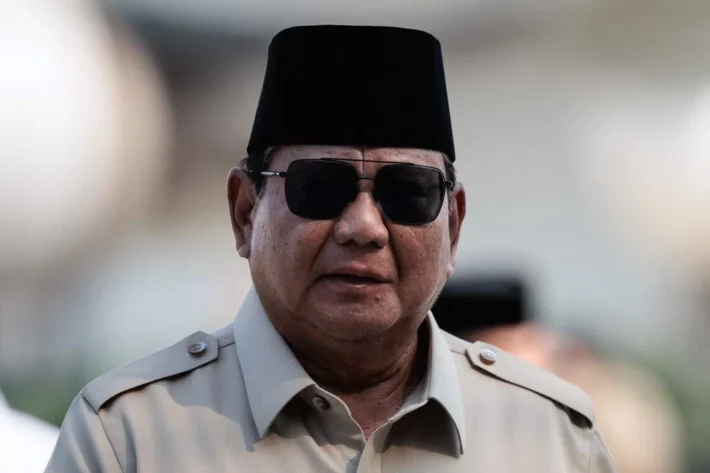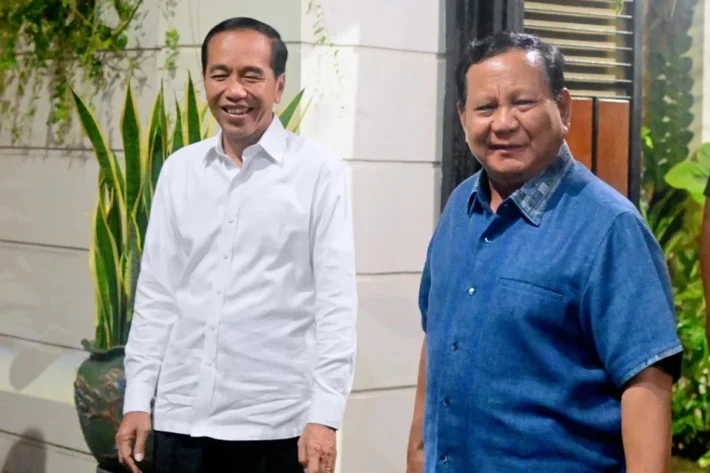Long-serving Indonesian Finance Minister Sri Mulyani removed in Cabinet reshuffle

Indonesia’s President Prabowo Subianto has appointed economist Purbaya Yudhi Sadewa as the country’s new finance minister, replacing Dr Sri Mulyani Indrawati in a Cabinet reshuffle that comes in the wake of violent protests and looting of ministers’ homes.
The reshuffle also affects four other ministerial posts and creates a new Ministry of Hajj and Umrah.
“Based on various developments, inputs and continuous evaluations carried out by the President, this afternoon, he has decided to make changes to the composition of the Red and White Cabinet in several ministerial positions,” State Secretary Prasetyo Hadi told reporters on Sept 8.
“May this decision bring goodness for the nation, the state and the people,” he added.
Mr Purbaya, a veteran technocrat, was previously chairman of the Indonesia Deposit Insurance Corporation. He holds a degree in electrical engineering from Bandung Institute of Technology, and a master’s and doctorate in economics from Purdue University in Indiana, US.
Responding to reporters’ questions on Dr Sri Mulyani’s replacement, Mr Prasetyo said that as head of government, President Prabowo has the prerogative to make Cabinet changes, and after evaluation, he decided to reshuffle the line-up.
Mr Purbaya, 61, has held senior government roles, including Deputy for Maritime and Energy Coordination at the Coordinating Ministry for Maritime and Investment Affairs, and Economic Special Staff to the Coordinating Ministers for Maritime Affairs and for Political, Legal and Security Affairs.
Meanwhile, Mr Budi Gunawan, who formerly led the Coordinating Ministry for Political and Security Affairs, has been replaced, though no successor has been named yet.
Mr Abdul Kadir Karding, Minister for the Protection of Indonesian Migrant Workers, has been succeeded by Mr Mukhtarudin, while Mr Ferry Joko Juliantono takes over as Minister of Cooperatives from Mr Budi Arie Setiadi. Minister of Youth and Sports Dito Ariotedjo has also been replaced, with his successor yet to be announced.
A new Ministry of Hajj and Umrah has been established, with Mr Mochamad Irfan Yusuf appointed minister and Mr Dahnil Anzar Simanjuntak as deputy. The government said the ministry was established in line with parliamentary discussions on the draft law on haj, and Mr Prabowo has signed a presidential decree formalising its creation.
The inauguration of the new ministers is scheduled to take place later on Sept 8 at the State Palace.
Dr Sri Mulyani, 63, one of Indonesia’s most prominent technocrats who served as finance minister for more than a decade under three presidents, became the focus of public anger after her residence in the upscale Bintaro district was stormed and looted by mobs on Aug 31. Protesters smashed property and carted away valuables ranging from paintings to furniture.
Following the looting of her residence, Dr Sri Mulyani reportedly requested to step down, according to local media. Rumours of her resignation have circulated since early 2024 amid alleged disputes with Mr Prabowo, who was then defence minister, and concerns over her role in the Cabinet.
On March 14, 2025, House Deputy Speaker Sufmi Dasco told The Jakarta Post that he had confirmed with Mr Prabowo, who had then become president, that Dr Sri Mulyani had no plans to resign and that reports of a Cabinet reshuffle were unfounded.
Dr Sri Mulyani first served as Indonesia’s finance minister from 2005 to 2010 under former president Susilo Bambang Yudhoyono. She then joined the World Bank as managing director from 2010 to 2016, before returning to Indonesia to resume the same finance minister role under former president Joko Widodo in 2016, a position she held until 2025.
During her long career, she also served as executive director at the International Monetary Fund, cementing her reputation as a leading technocrat in global finance.
The shake-up comes as Mr Prabowo faces mounting political and social pressures, following days of clashes, arson and at least 10 deaths nationwide. The protests were initially sparked by a new allowance package for lawmakers, but quickly evolved into a broader movement against the country’s political elites, who were perceived as being out of touch.
Public anger intensified after
Analysts say the reshuffle reflects Mr Prabowo’s attempt to reassert control and restore public trust as his administration grapples with widespread unrest and economic discontent.
“This reshuffle is the President’s response to public demands following recent large-scale protests,” Mr Agung Baskoro, executive director of political research group Trias Politika Strategis, told The Straits Times.
“It deserves appreciation. Now, it is up to the newly appointed ministers to perform at their best. Public expectations are high for meaningful change and improvements in people’s welfare,” he added.
Terbit di The Strait Times



